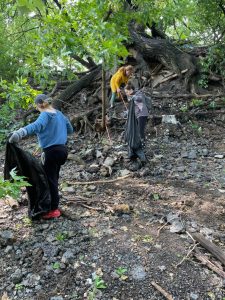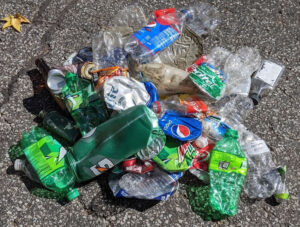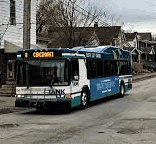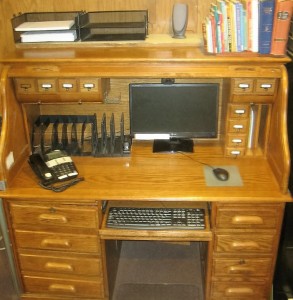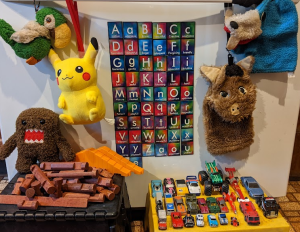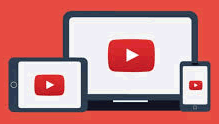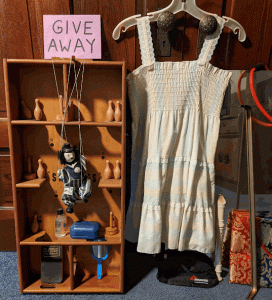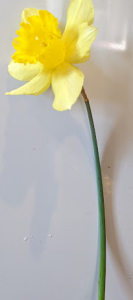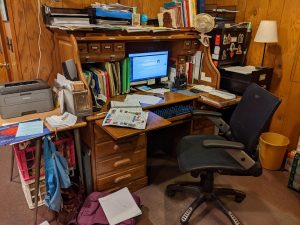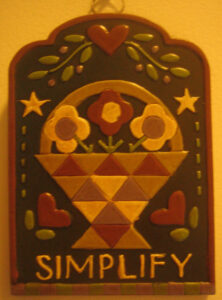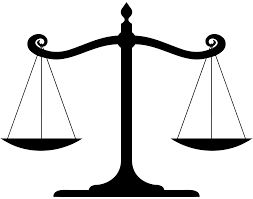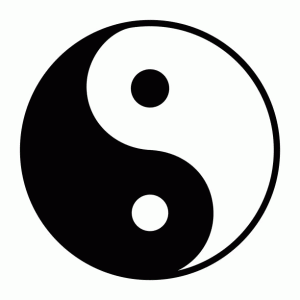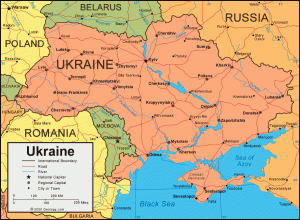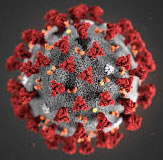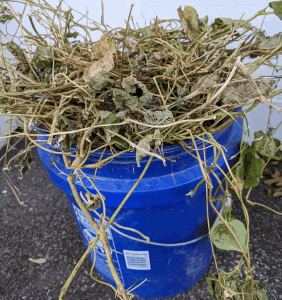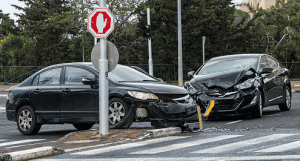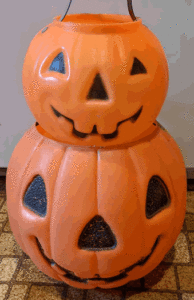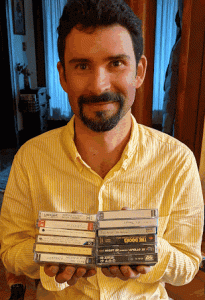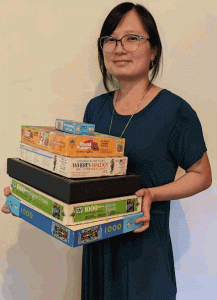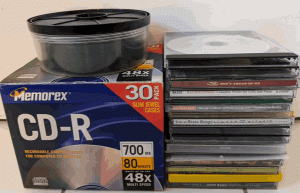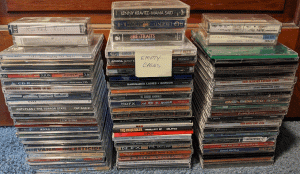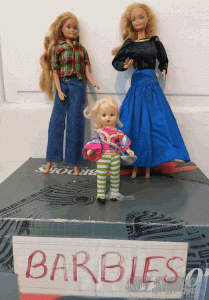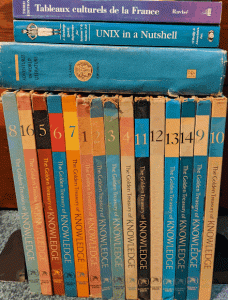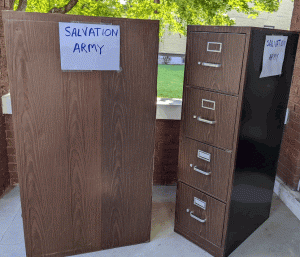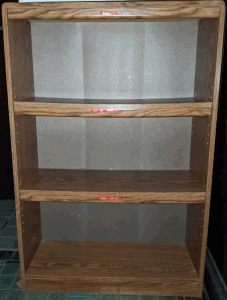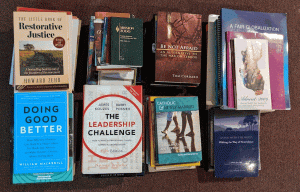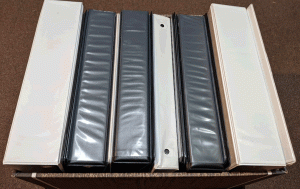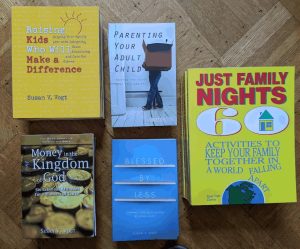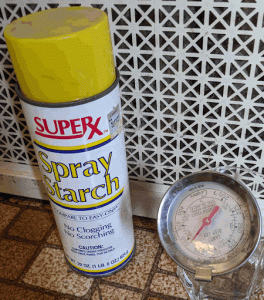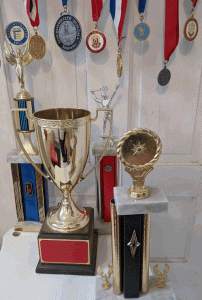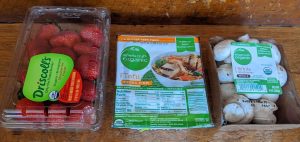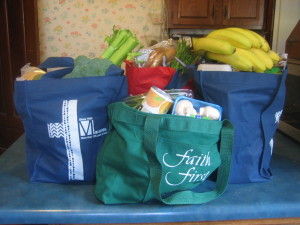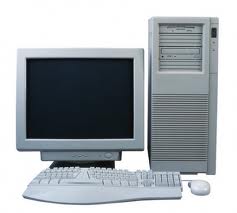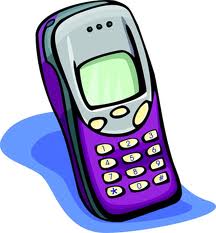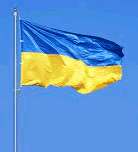- Fires are not only destroying forests in Canada but creating new kinds of air pollution in the USA.
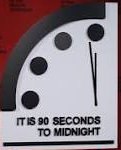
- The environmental Doomsday Clock is currently around 90 seconds to midnight – and moving forward.
- I’m getting older (aren’t we all ☹) and tired of fighting the good fight to reduce poverty, social injustice, and global warming.
With the latter, I am somewhat comforted by the reality that if planet Earth overheats enough to destroy human life as we know it, I won’t have to suffer the consequences…
BUT, I feel guilty and worry about the impact on our children. Heck, just reducing Single Use Plastics (SUPs) seems like a never-ending battle.
If you are a thoughtful, conscientious human being, perhaps you’re getting tired too. I keep asking myself – What is mine to do? Do I need to do more?
Sure, I tutor disadvantaged students, volunteer at a soup kitchen, donate to thrift stores, try to live simply, and Reduce/Reuse/Recycle, BUT, I get tired. Time is running out and systemic political changes need to be implemented before the clock strikes midnight.
 BEYOND BURNOUT SOLUTIONS – However, since I try to ground myself in long range spirituality, I believe that I am not free to give up. So, how can staying in the struggle be lifegiving not only to me, but to others and the universe? Following are some of my coping skills but I’d like to hear yours too.
BEYOND BURNOUT SOLUTIONS – However, since I try to ground myself in long range spirituality, I believe that I am not free to give up. So, how can staying in the struggle be lifegiving not only to me, but to others and the universe? Following are some of my coping skills but I’d like to hear yours too.
- Pray – It brings me perspective and hope.
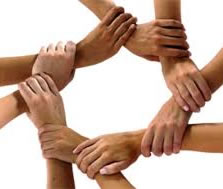 Be in Community – If I only rely on my individual efforts, it does feel like a losing battle. One person can never do enough. But, joining with my local and national faith and action communities multiply my efforts.
Be in Community – If I only rely on my individual efforts, it does feel like a losing battle. One person can never do enough. But, joining with my local and national faith and action communities multiply my efforts.- Personal Acts of Service – It keeps me in touch with the everyday challenges of those in need and who live on the margins.
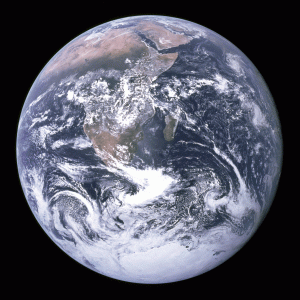 Systemic Change – Ordinarily I think of systemic change as getting involved in politics, attending governmental meetings, joining an advocacy group, etc., but I don’t feel drawn to these at this time in my life. Sure, I sign petitions and sometimes call my representatives but currently I’m looking at my writing as a way to multiply my voice. One example is my weekly ECO-TIPS. Reducing SUPs has become my specialty. It feels like writing and speaking on this aspect of plastic pollution is probably as systemic as I want to get right now.
Systemic Change – Ordinarily I think of systemic change as getting involved in politics, attending governmental meetings, joining an advocacy group, etc., but I don’t feel drawn to these at this time in my life. Sure, I sign petitions and sometimes call my representatives but currently I’m looking at my writing as a way to multiply my voice. One example is my weekly ECO-TIPS. Reducing SUPs has become my specialty. It feels like writing and speaking on this aspect of plastic pollution is probably as systemic as I want to get right now.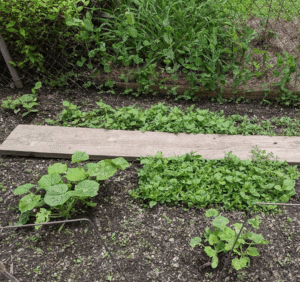 Rest & Renewal – Being a task-oriented person, I fight guilt and feel lazy if I indulge myself in too much rest. I’ll have to work on this one. 😊 Gardening, biking, dancing, and naps are my current renewal favorites.
Rest & Renewal – Being a task-oriented person, I fight guilt and feel lazy if I indulge myself in too much rest. I’ll have to work on this one. 😊 Gardening, biking, dancing, and naps are my current renewal favorites.
Again, I (and my readers) would benefit from hearing how YOU deal with burnout? What has been most helpful and what hasn’t worked? (Reply in the comments.)
